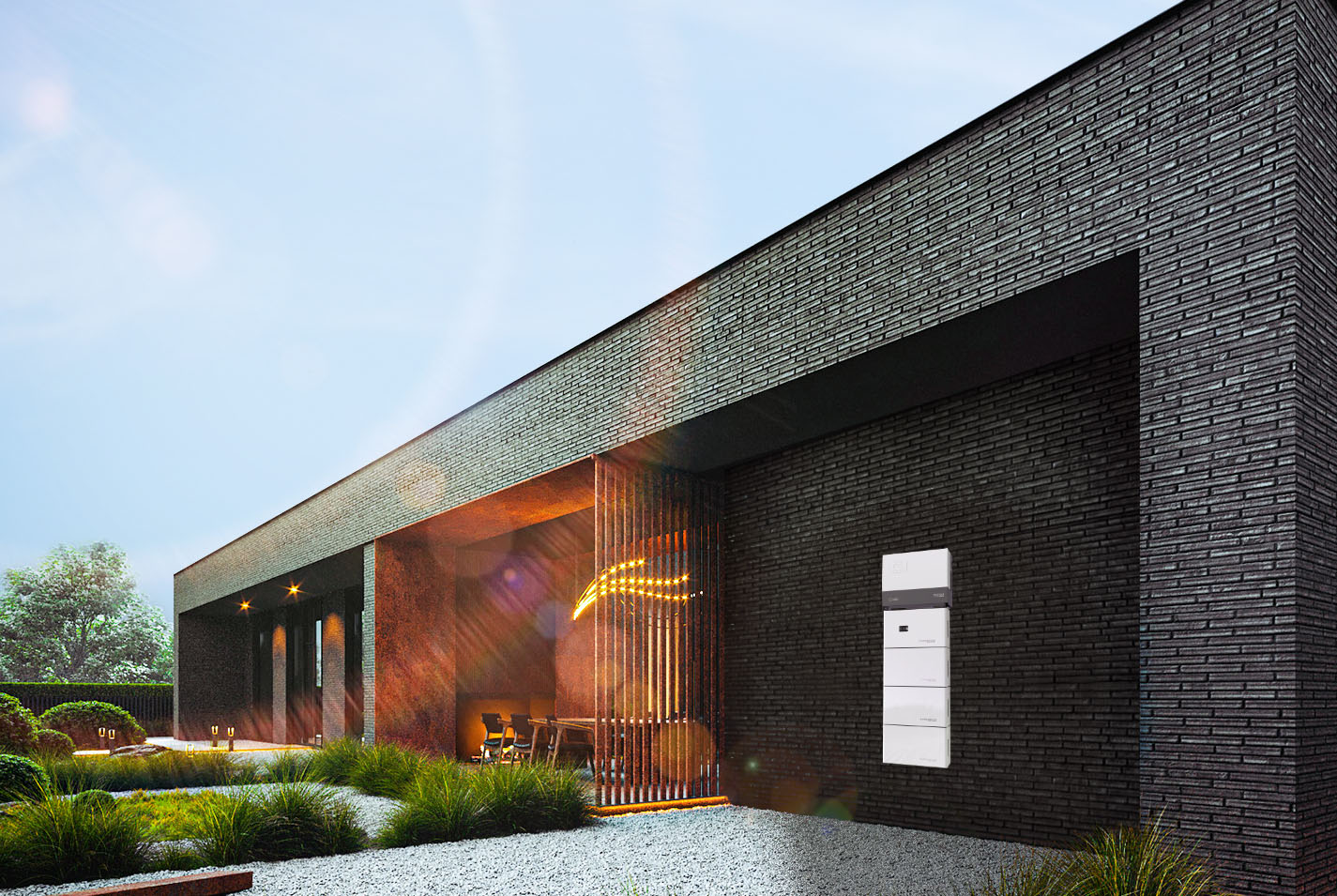
As the quest for sustainable energy solutions intensifies, the integration of solar photovoltaic (PV) systems with energy storage has become a focal point in the renewable energy landscape. Two prominent configurations, AC-coupled and DC-coupled battery systems, showcase distinct approaches to harnessing solar power efficiently. Understanding the nuances of each system is crucial for individuals and businesses aiming to make informed choices in their pursuit of clean energy solutions.
In the AC-coupled paradigm, the solar PV system and the battery storage system operate independently, each equipped with its dedicated inverters. The solar inverter converts DC power generated by solar panels into AC power for household consumption, while a separate inverter facilitates the charging of batteries by converting AC power back to DC.
A key advantage of AC-coupled systems lies in their adaptability. These systems offer heightened flexibility when integrating or upgrading components. Retrofitting a battery system into an existing solar PV installation is more streamlined, as the battery need not be intricately compatible with the solar inverter.
AC-coupled systems permit the independent operation of both the solar PV system and the battery system. This autonomy allows the battery to be charged not only from solar panels but also from the grid or alternative sources, augmenting the overall reliability of the system.
For those seeking to augment an established solar PV setup with energy storage, AC-coupled systems present an advantageous choice. They seamlessly integrate into existing installations without necessitating alterations to the pre-existing solar inverter.
In contrast, the DC-coupled system adopts a unified approach, employing a single inverter for both the solar PV system and the battery storage. This single inverter manages the conversion of DC power generated by solar panels and orchestrates the charging and discharging cycles of the batteries.
The efficiency of DC-coupled systems is often lauded due to a reduction in the number of conversion steps. The direct use of DC power from solar panels to charge batteries enhances overall system efficiency, making these systems an attractive option for those prioritising optimal energy yield.
The synchronisation of solar panels and batteries in DC-coupled systems enables precise control over charging and discharging cycles. This synchronisation contributes to improved overall system performance and efficiency.
DC-coupled systems are frequently favoured for new installations or instances where both the solar PV system and battery storage are being implemented simultaneously. This ensures that all components are meticulously designed to work seamlessly together, optimising performance.
AC-coupled systems are often considered more cost-effective for retrofitting into existing setups, while DC-coupled systems may be perceived as more efficient and straightforward for new installations.
The choice between AC and DC coupling involves a trade-off between flexibility and efficiency. AC-coupled systems offer adaptability, whereas DC-coupled systems may yield higher overall energy efficiency.
Ultimately, the decision between AC-coupled and DC-coupled battery systems hinges on the compatibility of chosen components, existing solar PV systems, budget considerations, and the user's specific requirements.
As the solar energy landscape continues to evolve, the choice between AC-coupled and DC-coupled battery systems underscores the need for a comprehensive understanding of individual preferences, system goals, and the dynamic interplay between flexibility and efficiency. Whether enhancing an existing solar installation or embarking on a new renewable energy journey, the careful consideration of these factors will pave the way for a more sustainable and tailored energy solution.

We pride ourselves on giving an exceptional level of customer service. Contact us to day for a no obligation quote.
If you would like to receive a personalised quote for any or our services, or just have general queries about Solar energy systems please complete the form below. We aim to get back to you within 24 hours.